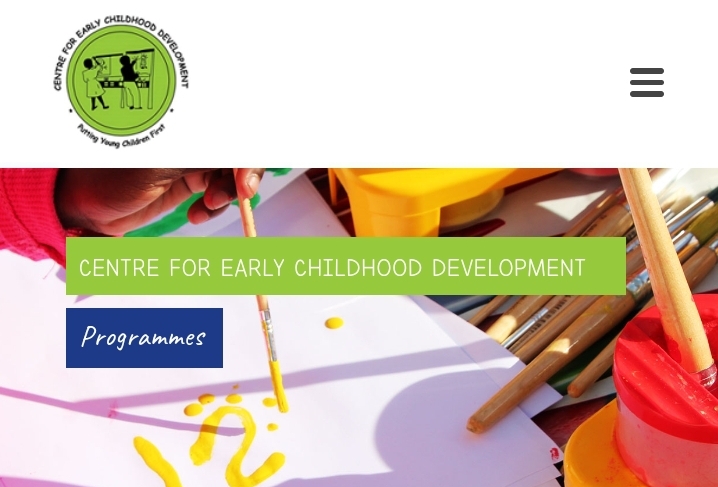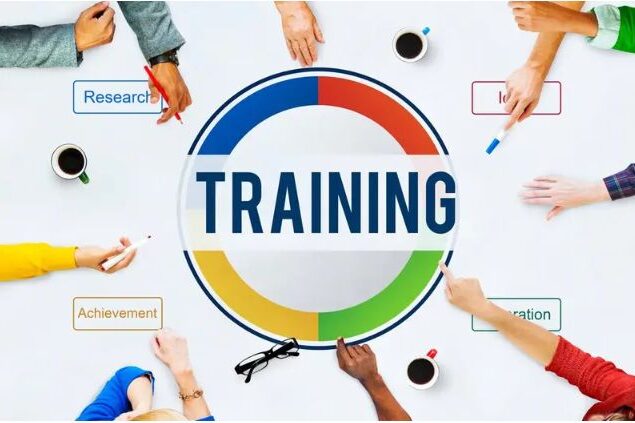
ECD Learnership Program Overview
The ECD Learnership program is designed to train individuals to effectively nurture and educate young children, typically from birth to age 6. The curriculum integrates both theory and hands-on practice, ensuring participants are well-prepared for the demands of early childhood education.
Key Components:
- Curriculum Development:
- Learn how to create engaging lesson plans and activities that foster learning in areas like language, math, and social skills.
- Explore various teaching methods suited to different learning styles and developmental stages.
- Child Development Principles:
- Study the physical, emotional, social, and cognitive development milestones of children.
- Understand how to assess and respond to children’s individual needs.
- Health and Safety Practices:
- Training includes first aid, emergency procedures, and hygiene practices to ensure a safe learning environment.
- Emphasis on nutrition and healthy practices that support children’s growth.
- Communication and Interpersonal Skills:
- Develop effective communication strategies for interacting with children and building relationships with parents.
- Focus on conflict resolution and teamwork in educational settings.
- Practical Experience:
- Participants complete a specified number of hours in a classroom or childcare facility, allowing them to apply theoretical knowledge in real-world contexts.
- Supervised mentorship from experienced educators helps reinforce learning.
Requirements
- Educational Qualification:
- A minimum of Grade 12 (Matric) is necessary to ensure participants have a foundational education that supports further learning.
- Age Requirement:
- Generally, applicants must be at least 18 years old to enroll in the program.
- Interest in Childcare:
- A genuine passion for early childhood education is crucial, as it drives the commitment to the field.
- Background Checks:
- Participants may be required to undergo background checks or child protection clearances, ensuring a safe environment for children.
- Basic Skills:
- Good communication, patience, and adaptability are essential traits for working in early childhood settings.
Career Opportunities
Upon completion of the ECD Learnership, graduates can pursue various roles in the field, including:
- Early Childhood Educator: Teaching in preschools, kindergartens, or daycare centers.
- Childcare Worker: Providing care and supervision for children in various settings.
- Program Coordinator: Managing early childhood programs and ensuring compliance with educational standards.
- Special Needs Educator: Supporting children with disabilities or developmental delays.
- Family Support Worker: Offering resources and guidance to families regarding child development.
Benefits of the Program
- Accreditation: Graduates often receive a nationally recognized qualification that enhances employability in the education sector.
- Skill Development: The program equips participants with critical skills that are applicable in various roles within early childhood education.
- Networking Opportunities: Participants can connect with professionals in the field, providing opportunities for mentorship and career advancement.
- Contribution to Society: Working with young children allows graduates to play a pivotal role in shaping their future and contributing to community development.
This comprehensive training program not only prepares individuals for immediate employment but also lays the groundwork for ongoing professional development in the field of early childhood education. If you’re interested in specific programs or locations, please let me know!

Leave a Reply